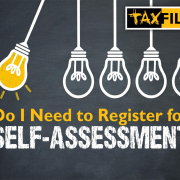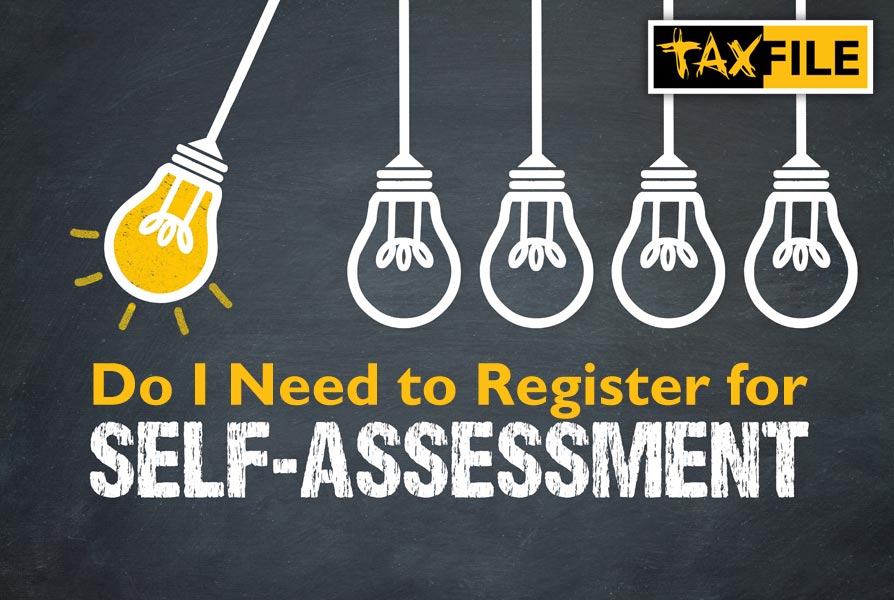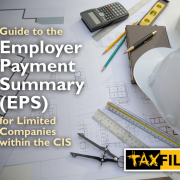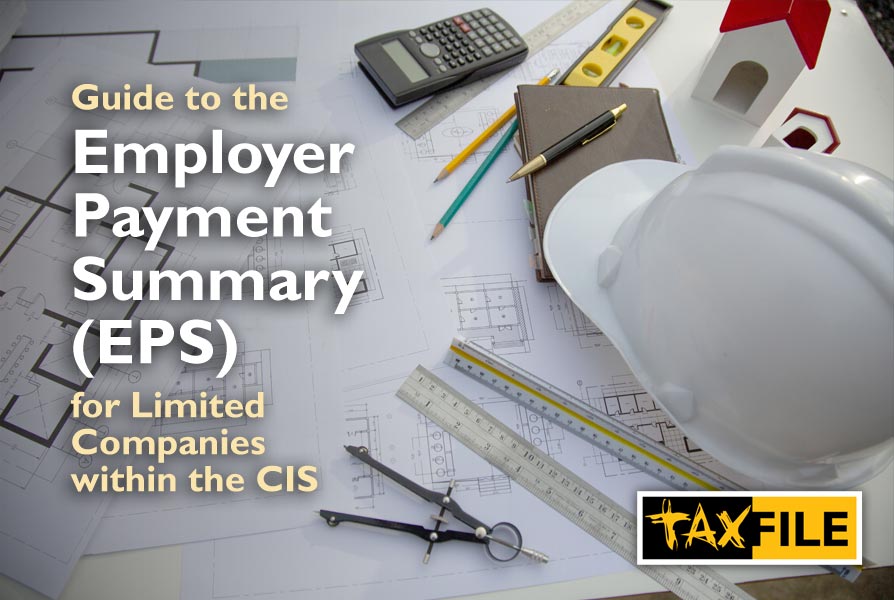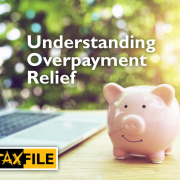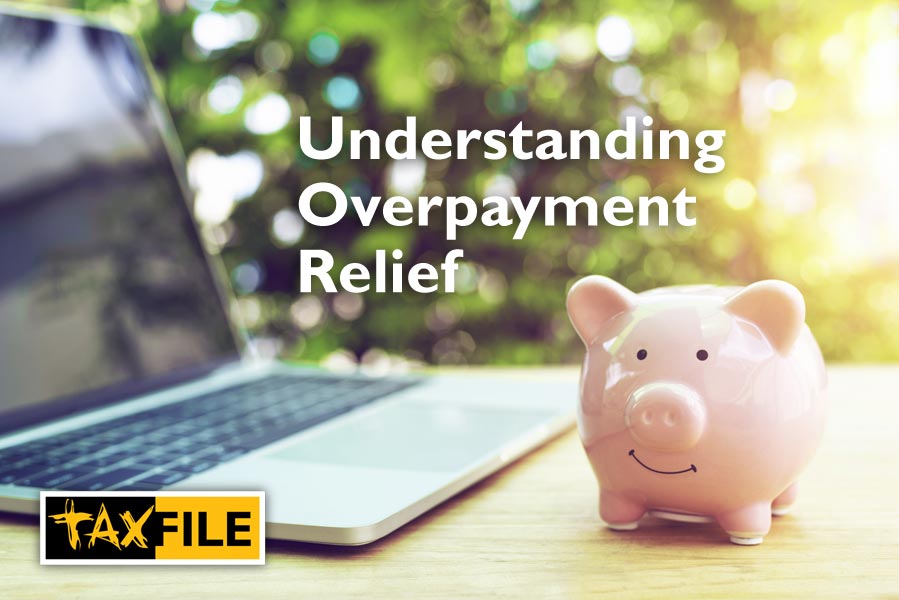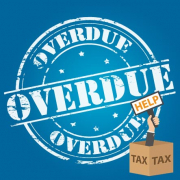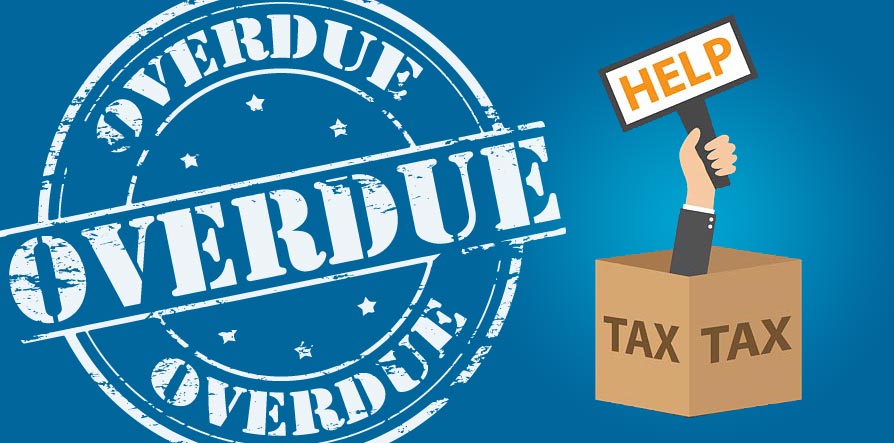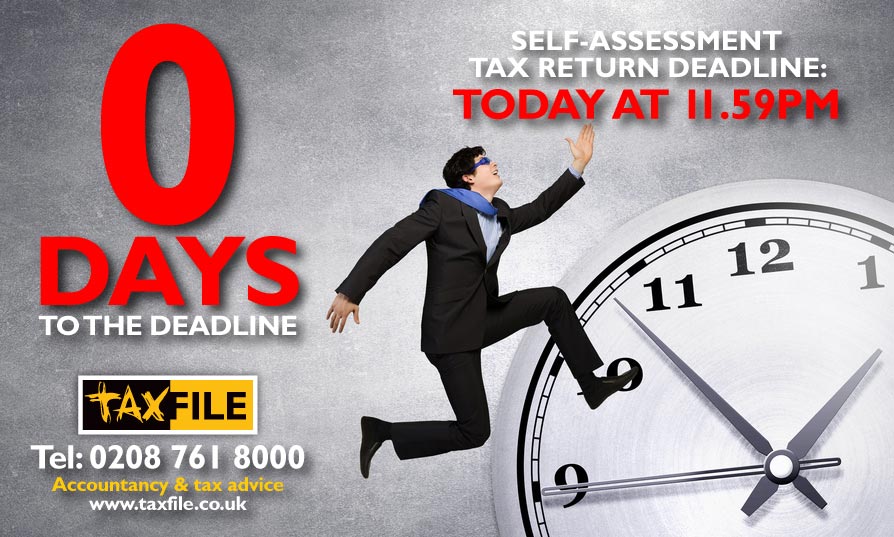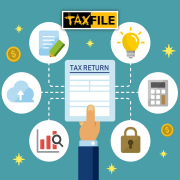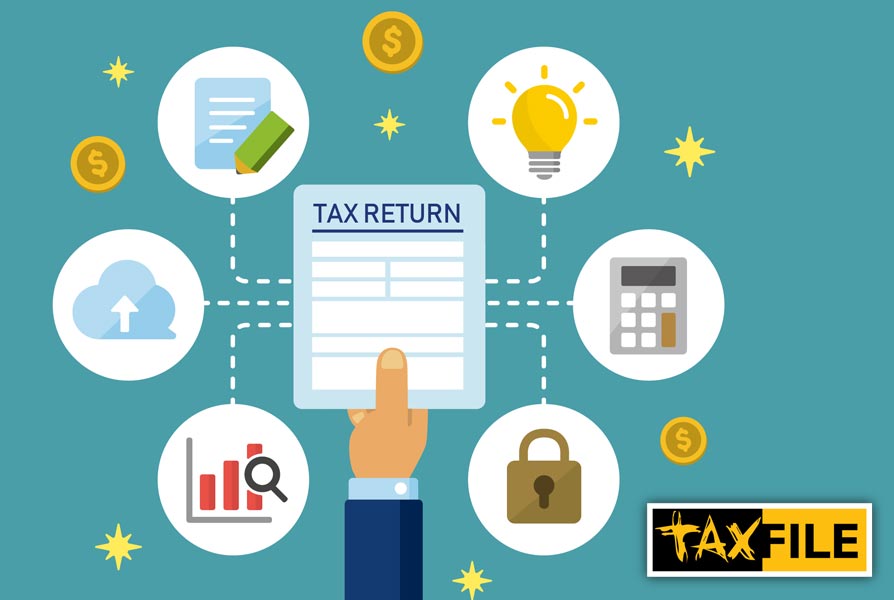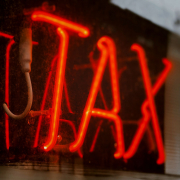Accountants for Uber Drivers – Are They Needed?

Are you an Uber driver? If so, you need to ensure that you submit an accurate self-assessment tax return each year and, with new rules and data sharing now in place, it’s never been more important to get your figures right. You may therefore be wondering whether you need an accountant. Today’s guide gives Uber drivers an overview of the main rules for complying with HMRC, what they need to supply, and how accountants like Taxfile can help drivers with accounting, bookkeeping and self-assessment tax returns each year. By getting these right, Uber drivers will minimise tax, keep on the good side of HMRC and fulfil their tax obligations. Doing so will also help them avoid a financial mess and, potentially, nasty penalties from HMRC.
Do Uber Drivers Need an Accountant?
As well as doing the job of driving, Uber drivers need to report their earnings and pay any taxes and National Insurance due to HMRC. This needs to be done accurately and on time in order to avoid HMRC penalties. This is more important than ever now because, since 1 January 2024, digital platforms like Uber will be legally required to report drivers’ income directly to HMRC. Professional drivers will therefore need to be 100% accurate in what they report and pay in terms of tax. Therefore, getting expert help from an Uber accountant is recommended — and the accountancy fees are tax-deductible.
“The regulations will support the government’s work to help taxpayers get their tax right first time, and to bear down on tax evasion.” (HMRC)
As part of the process, Uber drivers will need to submit an accurate self-assessment tax return each year. At the time of writing (July 2024), the next one they will need to file with HMRC is for the tax year 2023-24. The deadline is in January 2025 (or 3 months earlier if filing via the old-style paper tax return).
“Drivers remain self-employed for tax purposes and still have to complete an annual tax return.” (Uber.com)*
Tempted to Do Your Own Tax Return?
When Uber drivers log into their Uber account, they will have access to a tax report which shows their earnings and expenses. It may be tempting to use only this information to do their own Self-Assessment tax return. However, the information supplied via the Uber account will not include capital allowances on vehicles purchased and potentially many other claimable expenses like those that we highlight later in this guide. In other words, they could lose out — and pay more tax than they need to! That’s a major reason why employing an accountant like Taxfile makes sense for Uber drivers.
Taxfile: an Uber Driver Accountant in South London
Taxfile’s accountants and tax agents work with many professional drivers every year, including Uber drivers. We are therefore experts at working out income, expenses, National Insurance, income tax, and compliance with HMRC requirements and deadlines. This culminates in us submitting hundreds of self-assessment tax returns for drivers every year. For professional drivers working through digital platforms like Uber, we work out drivers’ income and help to reduce any tax liability by offsetting all eligible expenses. We also help drivers register for Self Assessment when they first start. This gives them a UTR number, which is needed in order to file a tax return.
What Expenses Can Uber Drivers Offset Against Tax?
There are several expenses that Uber drivers can potentially offset against income in order to reduce tax. As you might expect, many stem from the use of a vehicle for the business. Examples include:
- The part of the driver fees paid to Uber;
- Road tax;
- The cost of MOT tests;
- The cost of maintaining the vehicle e.g. servicing, cleaning and repairs;
- Fuel costs/mileage (there are several different ways to approach this);
- The cost of leasing or renting the vehicle;
- Capital allowances on vehicles purchased;
- Parking and any toll fees;
- The cost of vehicle insurance;
- Accountancy fees associated with running the business;
- Bank loan interest;
- Use of a phone, radio, and/or GPS system for the business;
- Costs associated with marketing the business (advertising etc.);
- And possibly additional costs not listed here.
Taxfile can advise on all of these to ensure that Uber drivers pay no more tax than they absolutely need to. Such expenses can usually be offset where they apply to business-related use (not personal). Uber drivers must keep comprehensive and accurate records, i.e. invoices and receipts etc., in order to claim.
So, if you are an Uber driver or are planning on becoming one, please get in touch with Taxfile. We’ll help to get you set up for Self-Assessment and subsequently work with you to ensure your figures are correct, your tax return is accurate, and that it is submitted to HMRC in good time before the deadline. By doing so, you’ll know your tax affairs are in order and be able to avoid any nasty HMRC penalties. With our help, you’ll pay no more tax than you need to. You’ll also get a more accurate picture of your finances and help avoid surprises that might otherwise adversely affect cash flow.
Uber Drivers in South London: Contact Taxfile
We offer a free, 20-minute, no-obligation consultation, so you have nothing to lose by getting in touch. We’ll confirm pricing and explain more about how we can help you, with zero pressure.
Taxfile are accountants with offices in Tulse Hill in SE21, Dulwich in South London, and Devon/Cornwall in the West Country.
*Are Uber Drivers Employees, Workers, or Self-Employed?
In terms of employment status, Uber drivers in the UK are now legally classed as workers rather than self-employed contractors or employees. This follows a ruling by the UK Supreme Court in 2021 (∞), which gives them certain employment rights.
However, purely from a tax standpoint, Uber drivers are effectively self-employed, hence the requirement to submit a Self-Assessment tax return each year.




